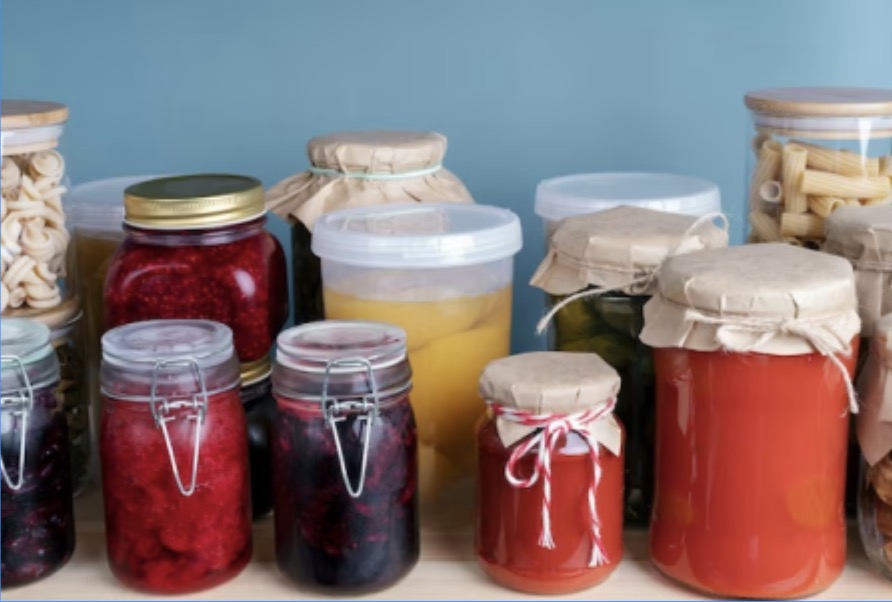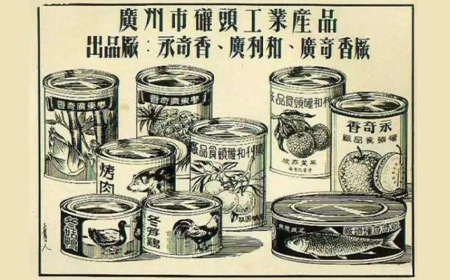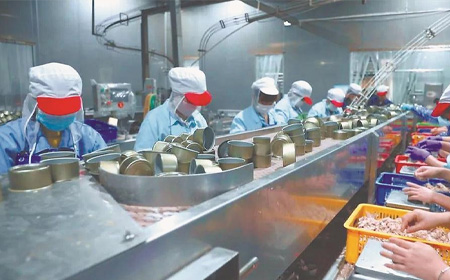Canned food has played a significant role in shaping convenience culture, transforming the way we eat, cook, and live. This article explores the relationship between canned food and convenience culture, with a focus on North America and Europe. By examining scientific figures, market insights, and societal trends, we gain a deeper understanding of how canned food has influenced the rise of convenience culture, altered consumer behaviors, and impacted our modern lifestyle.
-
Canned Food and Convenience:
Canned food has become synonymous with convenience, offering ready-to-eat or easy-to-prepare meals that fit into our fast-paced lives. The ability to store food for extended periods, coupled with the ease of opening and preparing canned products, has revolutionized meal planning and preparation.
-
North America and Europe: Major Producers and Consumers:
North America and Europe have been major producers and consumers of canned food, reflecting the influence of convenience culture. Scientific figures show that these regions have a high output of canned goods, meeting the demands of consumers seeking quick and convenient meal options. The availability and accessibility of canned food have contributed to its popularity in these markets.
-
Shift in Consumer Behaviors:
Canned food has driven a shift in consumer behaviors, influencing purchasing decisions and meal choices. As convenience culture has grown, consumers increasingly seek ready-to-eat or easy-to-prepare options that fit their busy schedules. Canned food provides a convenient solution, offering a wide range of products that require minimal time and effort to incorporate into meals.
-
Time-Saving and Meal Planning:
Canned food has revolutionized meal planning by providing time-saving options. With busy lifestyles and limited time for cooking, consumers turn to canned products as a reliable source of nutrition. The convenience of canned food allows for efficient meal preparation, reducing the need for extensive cooking and enabling individuals to balance work, family, and other commitments.
-
Extended Shelf Life and Food Waste Reduction:
Canned food's extended shelf life contributes to convenience culture by reducing food waste. Scientific figures highlight that canned products can be stored for long periods without spoilage, minimizing the need for frequent grocery shopping or the risk of perishable items going to waste. This aligns with the desire for convenience and sustainability in modern lifestyles.
-
Globalization and Culinary Diversity:
Canned food's convenience has also facilitated the globalization of culinary diversity. As canned goods are readily available and easily transported, consumers can explore flavors and ingredients from different cultures without geographical constraints. This has broadened culinary horizons and fostered a sense of cultural exchange and appreciation.
-
Technological Advances and Packaging Innovations:
Technological advancements have further enhanced convenience culture in the canned food industry. Scientific research has led to improvements in canning techniques, packaging innovations, and the development of easy-open lids. These advancements have made canned food even more convenient, with quick and effortless access to products.
-
Health Considerations and Nutritional Value:
While convenience is a key aspect of canned food, health considerations and nutritional value should also be taken into account. Scientific figures demonstrate that canned food can retain essential nutrients, contributing to a balanced diet. However, it is important to select options with lower sodium and avoid products with added sugars or preservatives.
Canned food has played a pivotal role in the rise of convenience culture, transforming the way we approach meal planning, preparation, and consumption. Its impact on North America and Europe, as major producers and consumers, is evident in the high output of canned goods. As convenience continues to shape our modern lifestyle, canned food offers practical solutions for time-strapped individuals seeking convenient meal options. By striking a balance between convenience, health considerations, and sustainability, canned food remains a staple in our fast-paced world, catering to the needs and preferences of convenience-driven consumers.






